A Focus on Local Travel
In the immediate wake of coronavirus, travellers will likely avoid flying in worry of becoming stuck somewhere or being too far away from home.
Instead of soaring to far-flung exotic locations, travellers will opt to explore more corners of their own countries, at least in the beginning. Local travel will be especially attractive to families, who can enjoy a holiday with the safety of being near home.
Travelling internationally has been so easy and affordable in recent years. Many people have decided to explore countries that are so different and unusual compared to their own. While international travel will eventually pick up, perhaps regional travel will allow more people to appreciate and discover parts of their own country that they would otherwise never consider.
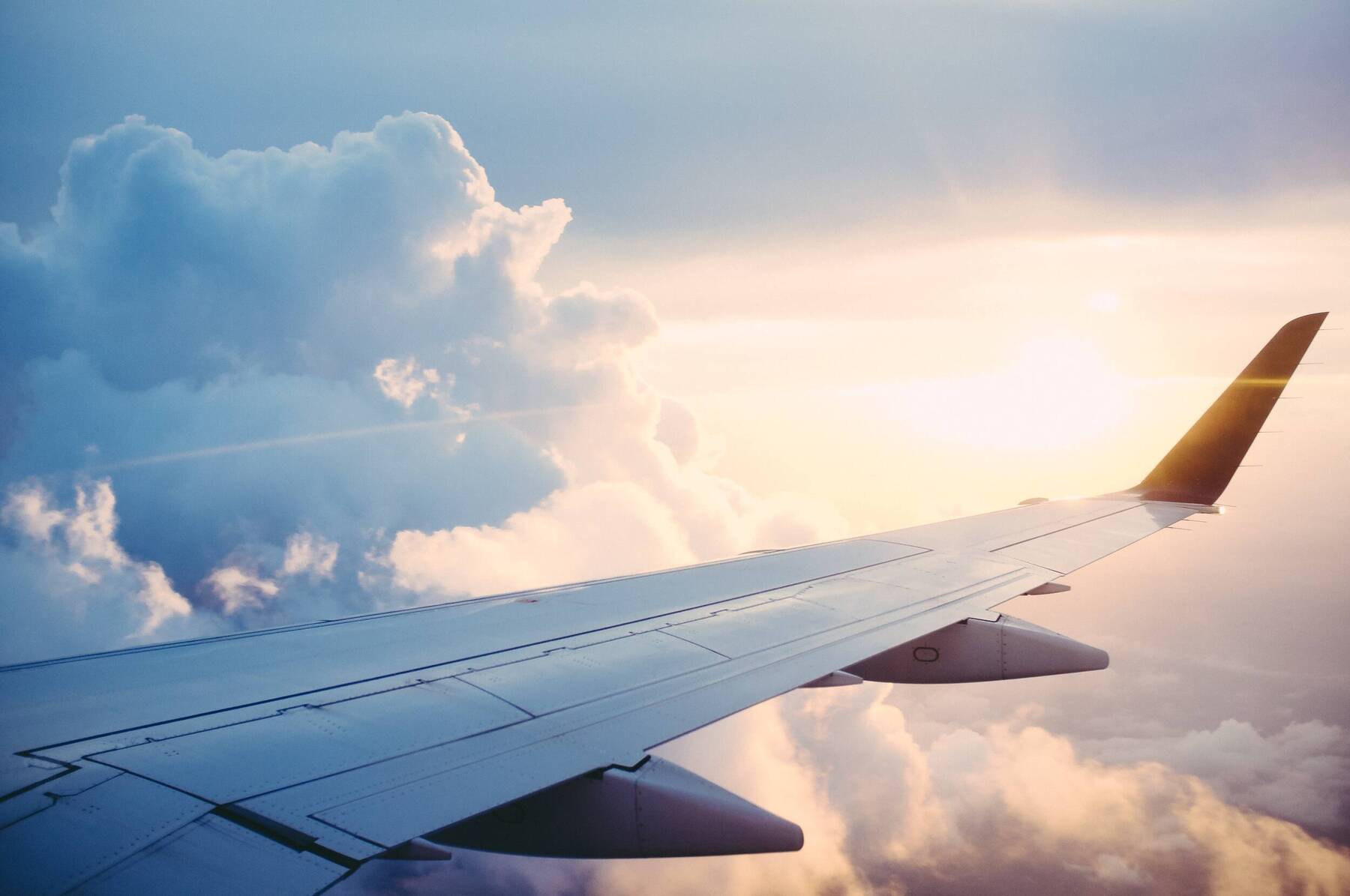
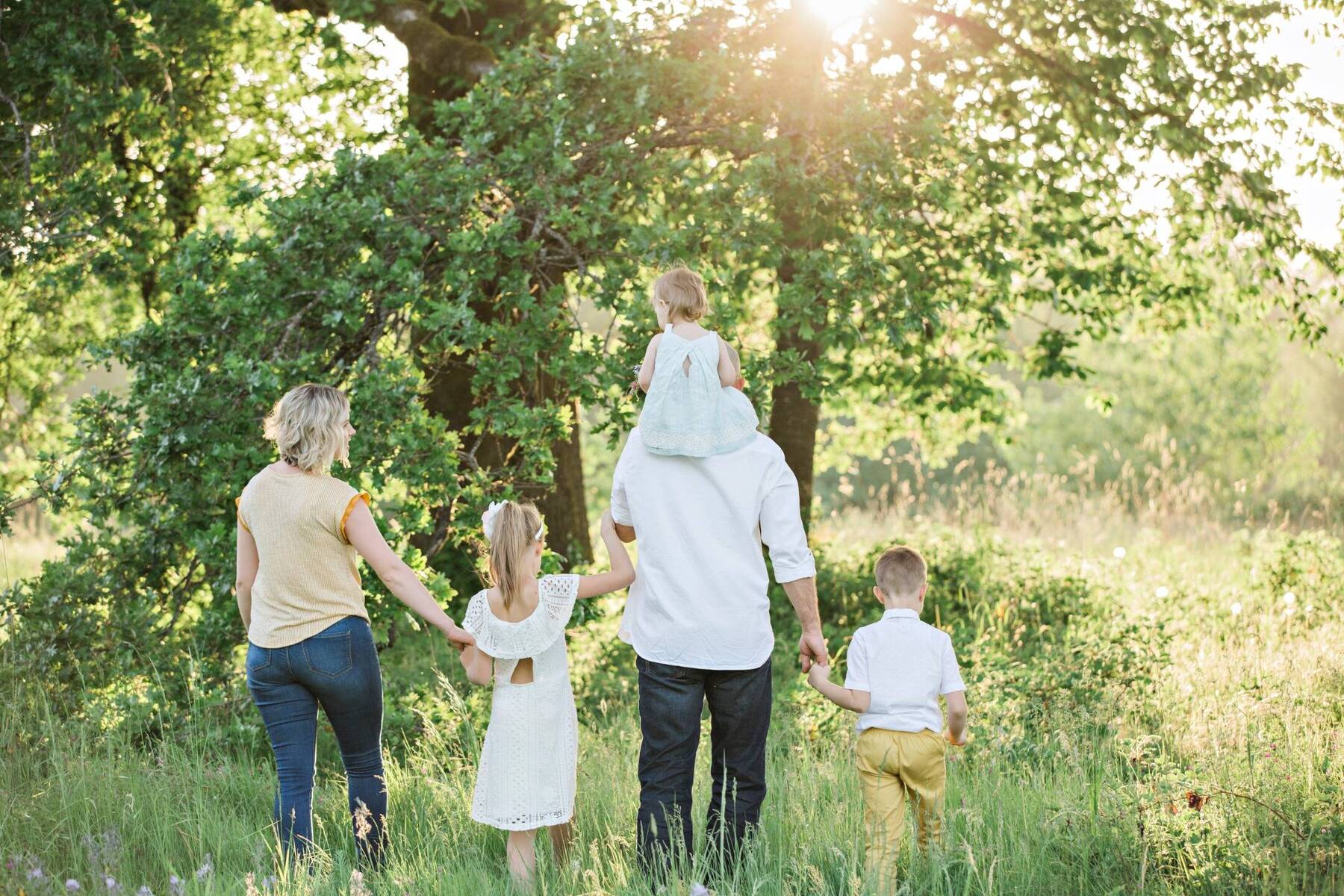
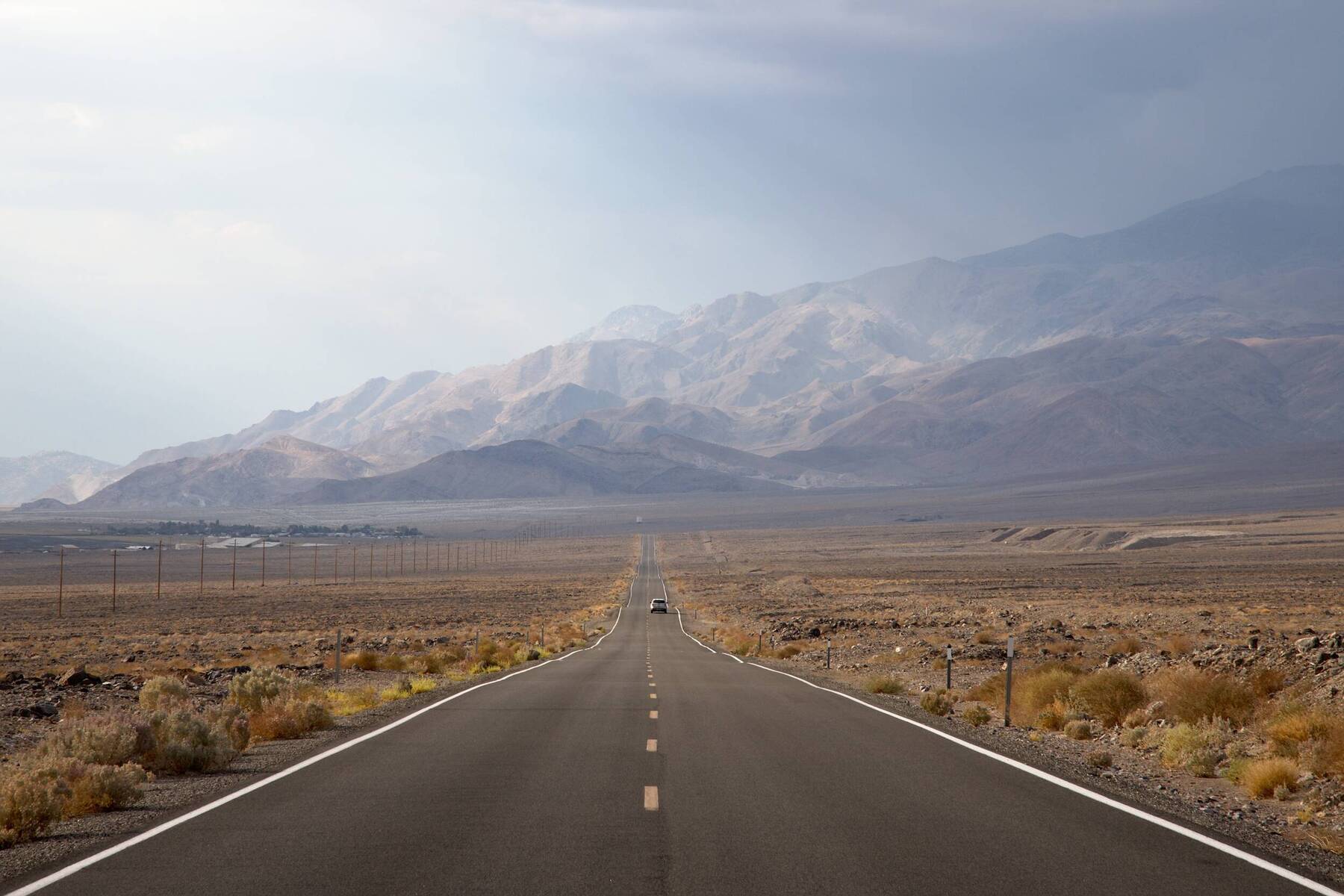
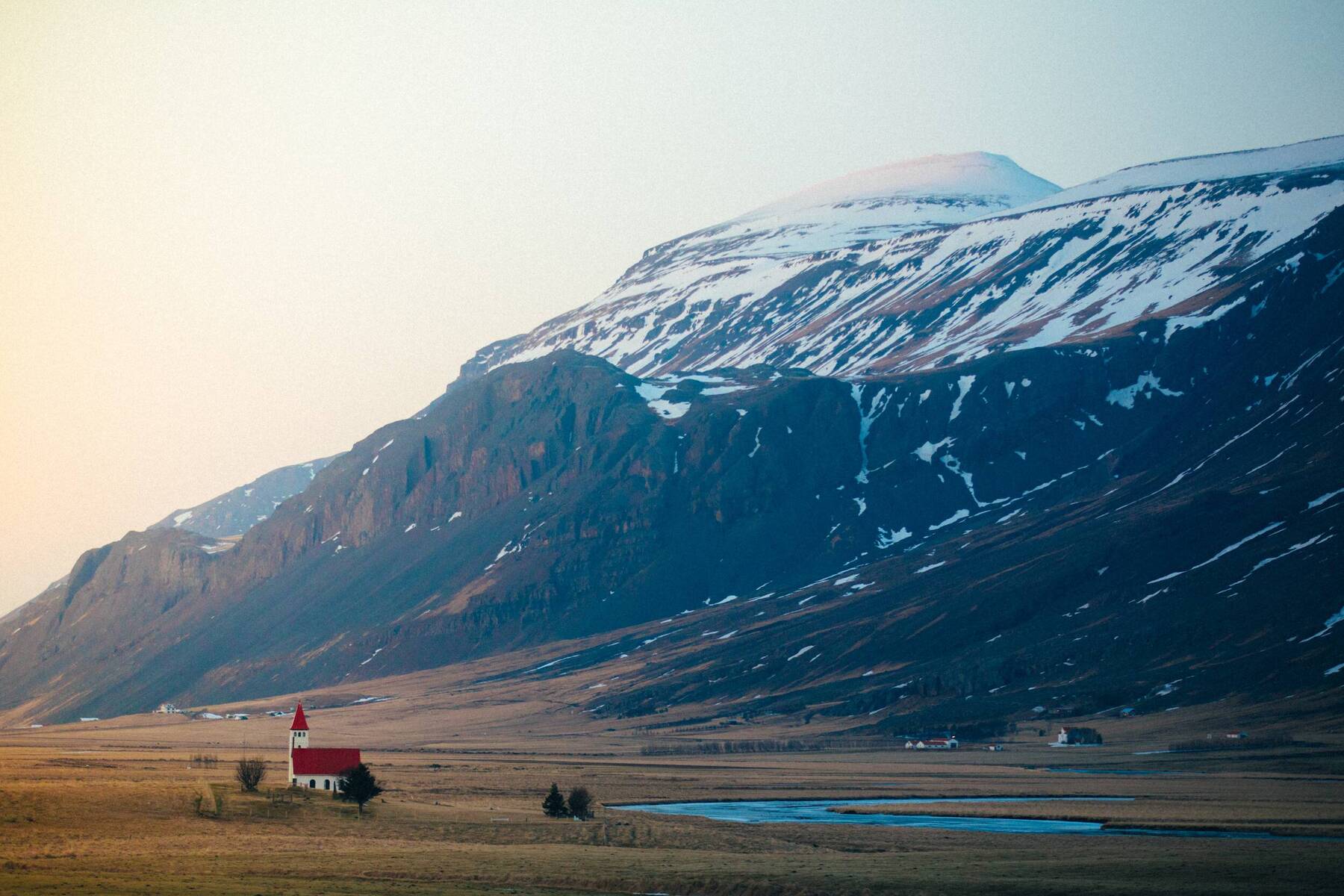
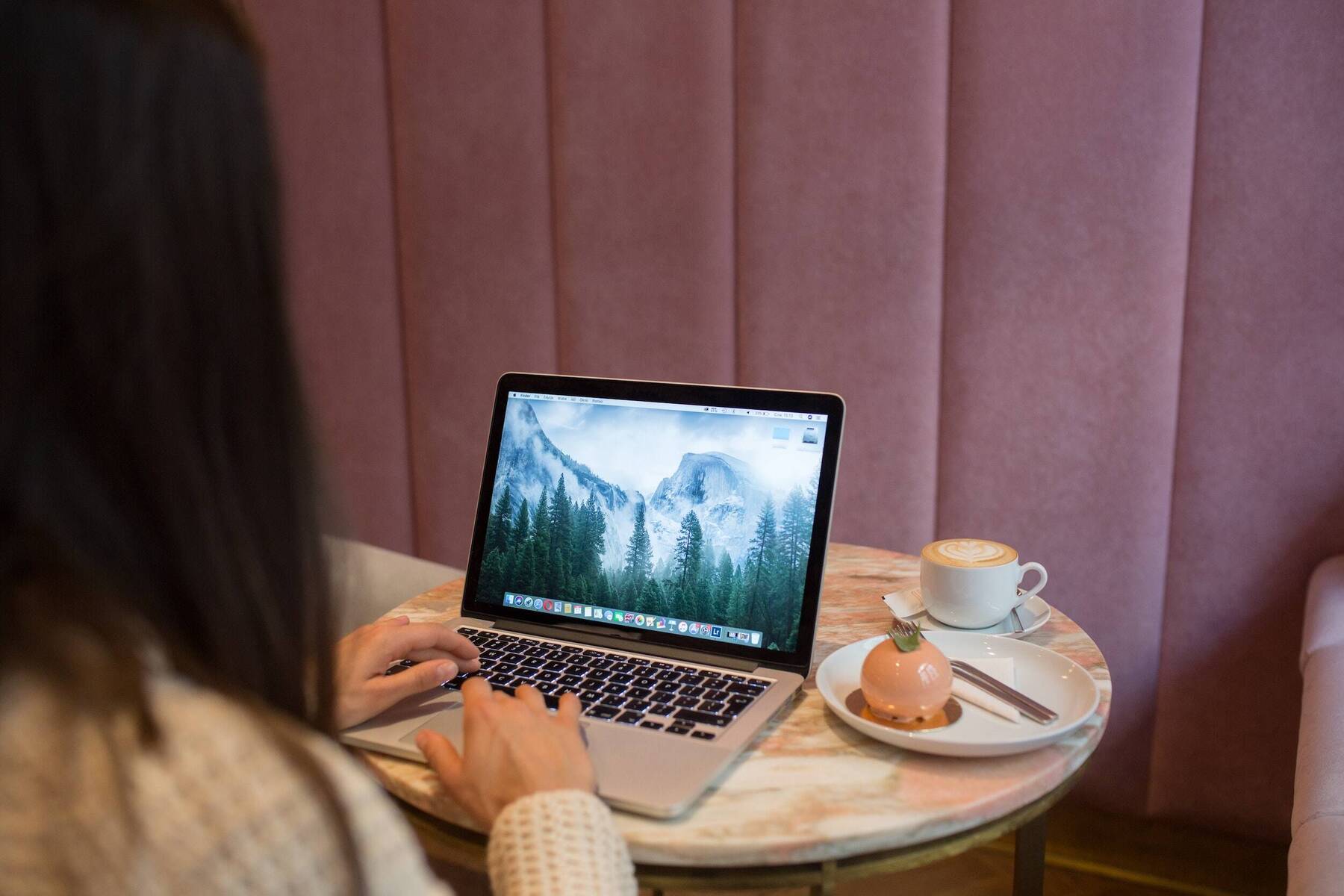


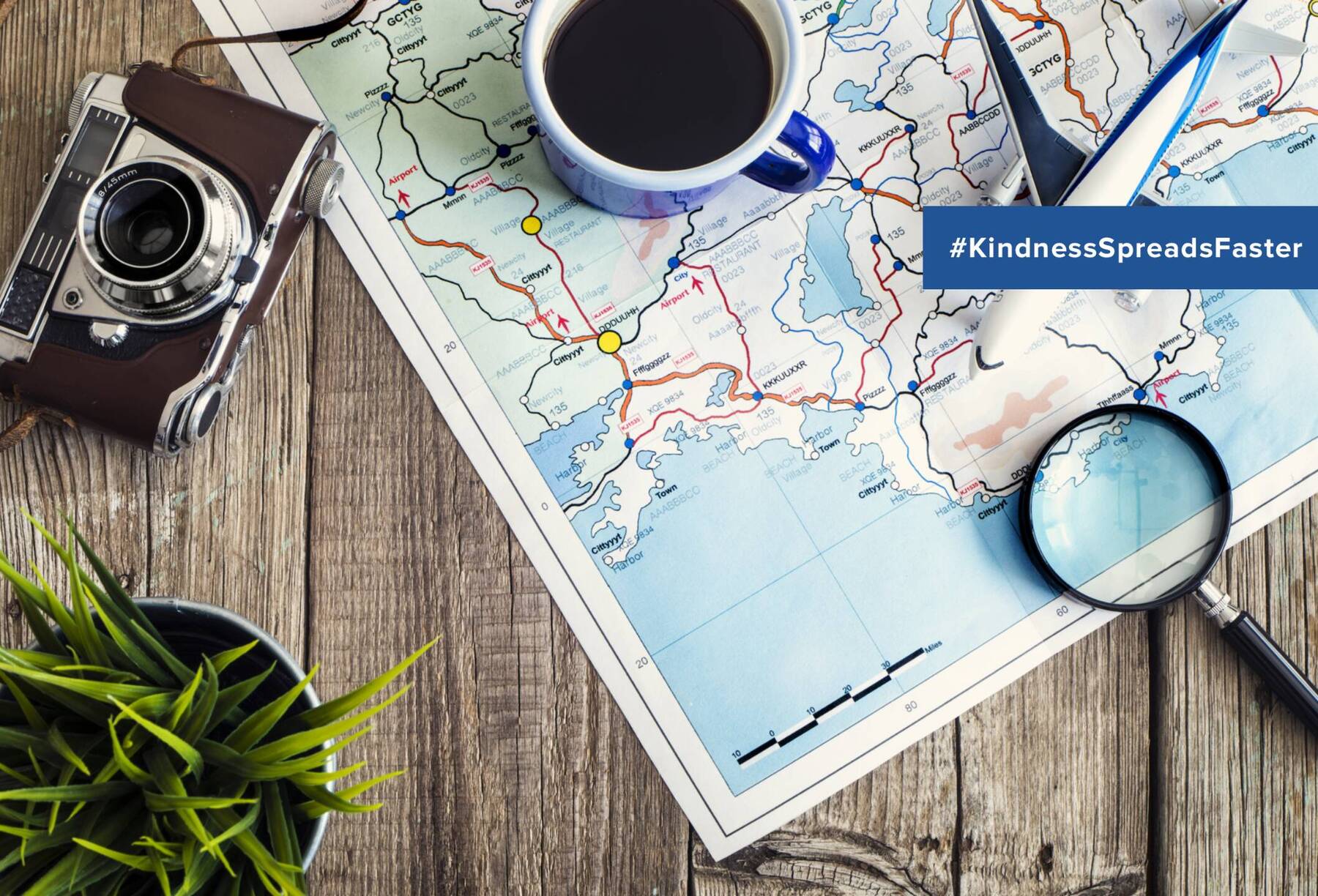

Comments